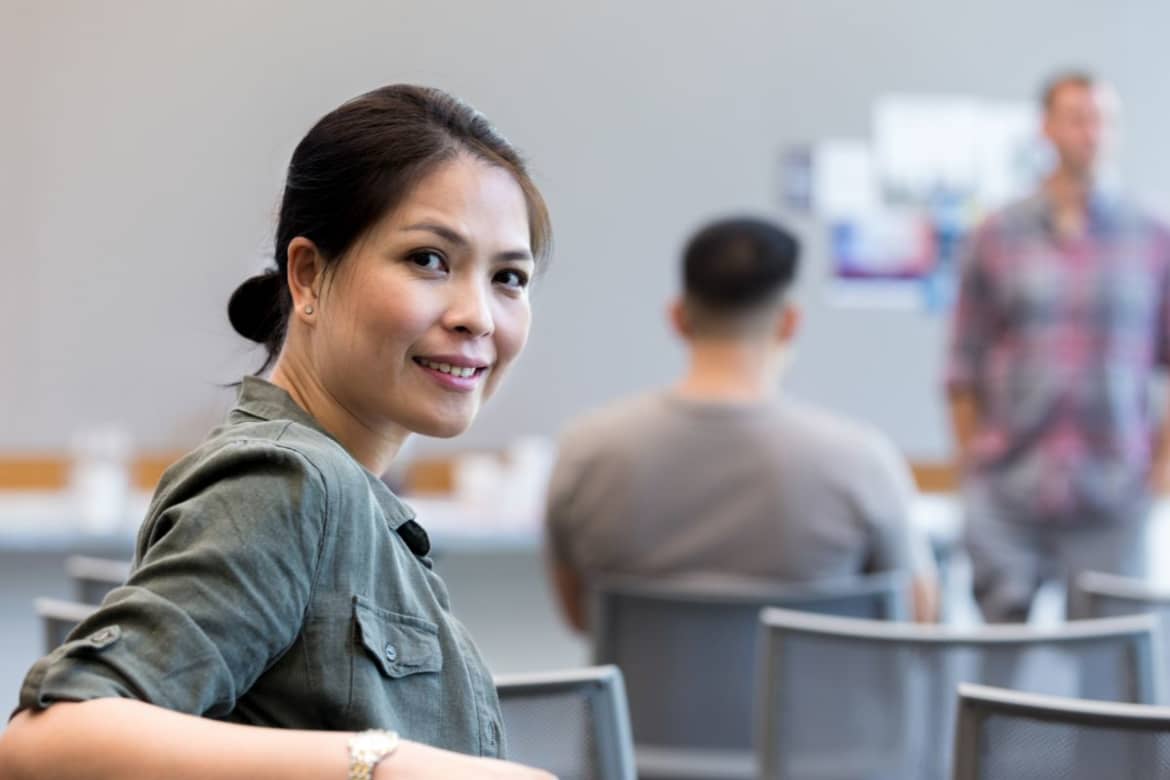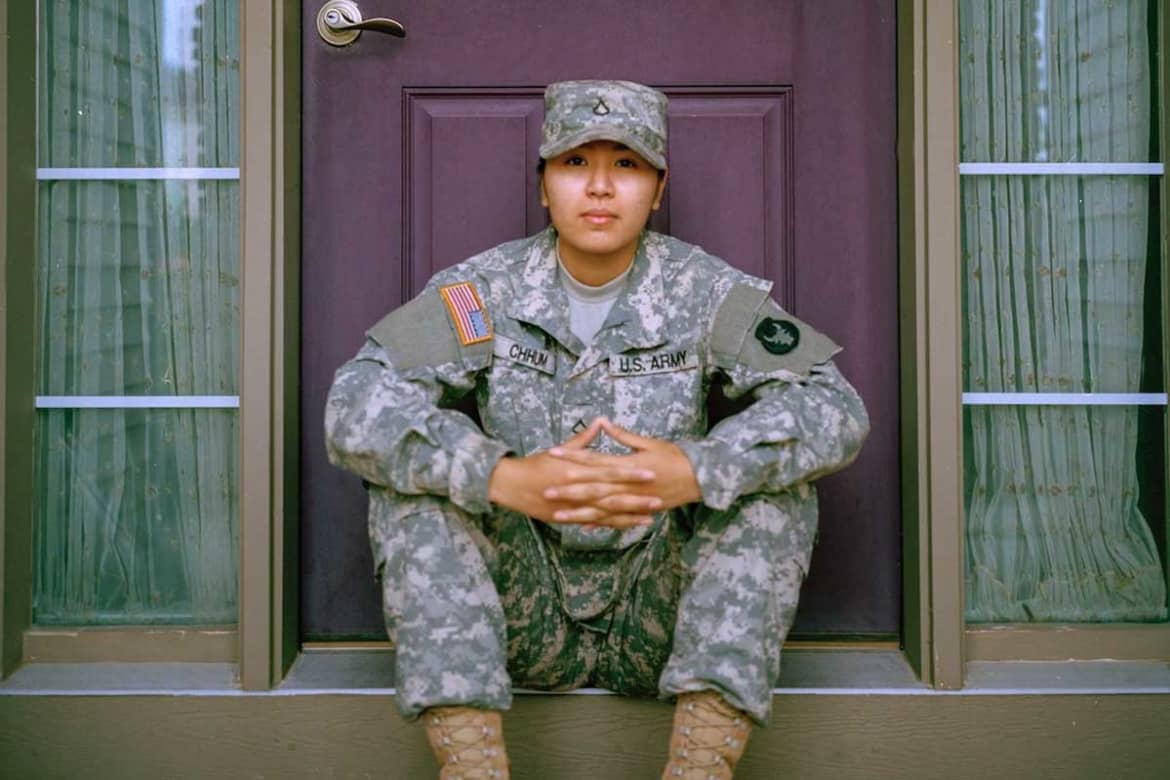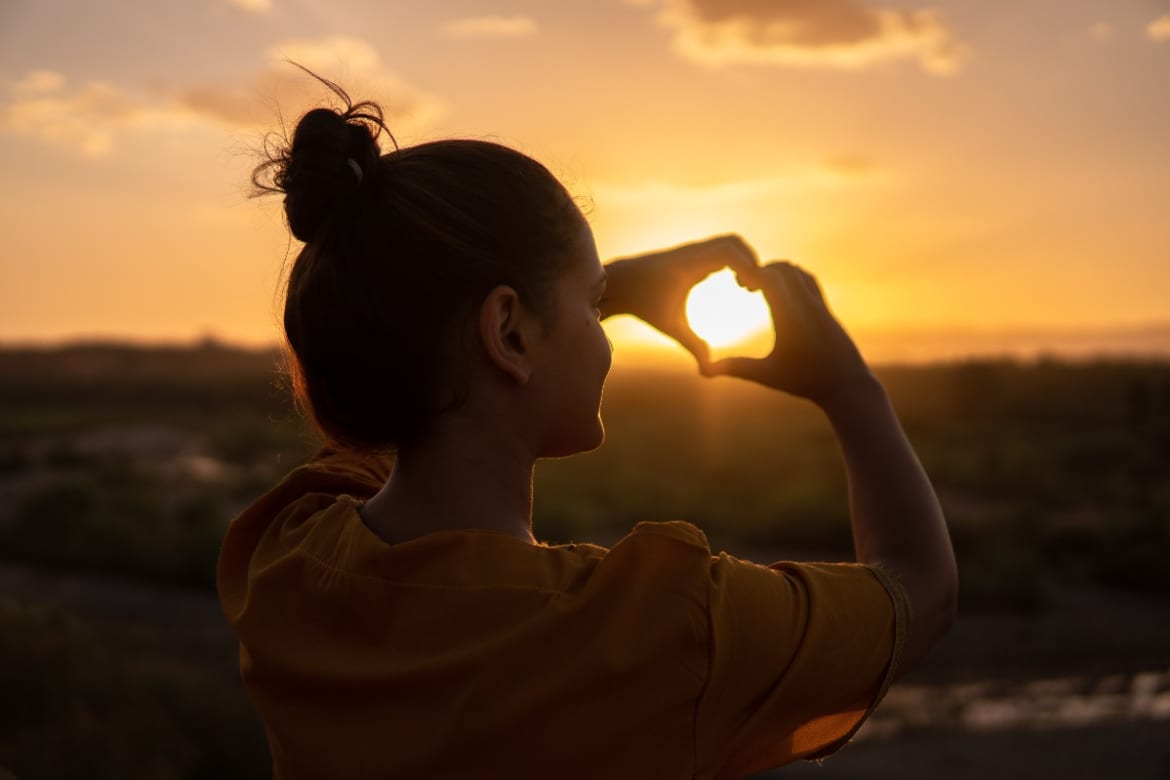Treatment for Female Veterans
Female veterans face a number of personal challenges, from overcoming personal trauma, stigma, substance use, and more. Begin your treatment at (866) 390-5070.
Get Help Today
Each branch of the military consists of people from all walks of life. However, while women comprise a steadily increasing percentage of active service members and veterans, they still face many unique challenges during their military service. Many obstacles women face in the military can follow them home after being discharged from service, informing the use of addictive substances and mental health disorders in veterans’ lives.
Getting help for the challenges female veterans face is paramount for developing a healthy and sober veteran life. Hawaii Island Recovery is prepared to personalize a recovery program to address the needs and goals of female veterans.
Women Across the Military
The number of women enlisted in service or who are veterans continues to grow each day, with nearly two million and climbing female veterans across the United States. With the regular increase in these demographics across all branches of the military and in officer positions, it is more important than ever to address the unique challenges female service members face and the unique needs held by female veterans transitioning to civilian life.

Despite these growing numbers, it is common for women to still feel ostracized by their own active military or veteran communities due to a number of continued harmful and discriminatory stigmas. Coupled with the traumas common across all men and women in service, such as physical trauma, PTSD, anxiety, depression, and substance use disorder (SUD), professional treatment programs may be necessary for women transitioning from active duty to civilian life.
The Need for Professional Treatment
Those who take up the call of duty live a unique and challenging life in the name of protecting their country and loved ones. However, pervasive military cultures and trauma can all have lasting consequences. Addressing the unique ways women are affected throughout their time in the military is essential for creating an effective treatment plan. Hawaii Island Recovery is prepared to help female veterans reach their own recovery goals while providing a supportive community to create a transformed and healthy civilian lifestyle.
Overcoming Substance Use Disorder
The use of addictive substances is common among military veterans. For some, the use of alcohol can stem from a pervasive drinking culture common across military bases. In contrast, others may be exposed to addictive prescription painkillers as a result of an injury incurred in the line of duty. However, whether veterans are using addictive substances in an attempt to self-medicate trauma, PTSD, anxiety, and depression or are tasked with overcoming addiction as a result of prescription drugs, professional treatment is necessary, with men and women alike both exposed to these unique challenges from their time in service.
Navigating a Masculine Culture
Women in service are also tasked with assimilating into a traditionally male-dominated and masculine culture. While the culture of any individual base may still be unique, overarching cultures and stigmas are still prevalent across the military. Discrimination against female service members is still incredibly common, with sexist ideas, cultures, and stigmas all populating such environments. For many women in service, this affects their ability and willingness to stay in the military, with feelings of discrimination and experiences of being treated as unequal to their male counterparts all having profound, lasting effects.

Not only can discrimination affect a person’s mental and emotional health, but female veterans may also feel ostracized or unaccepted by the communities they worked to protect. This can lead to female veterans harboring feelings of resentment, depression, self-doubt, anger, and more even well into civilian life.
Other female veterans may feel they have to compromise a part of their identity to best assimilate into these environments, creating complex feelings regarding their self-image, identity, and values that continue to inform their veteran life.
Military Sexual Trauma
Trauma comes in many forms. However, military sexual trauma (MST) can be an exceptionally complex trauma to process. MST is any kind of unwanted sexual advancement or act, from passing comments about sexual activities to unwanted touching and other behaviors, committed while on a military base.
While both men and women can be victims of MST, it disproportionately affects female service members, with about 24% of women experiencing some form of MST during their time on duty, compared to about 1% of men. Professional, trauma-informed treatment is necessary to address MST and its lasting effects on female veterans’ mental health and the use of addictive substances.
Finding Effective Care for Female Veterans
Depending on a female’s experiences in the military, the idea of a veteran-focused recovery can be met with mixed feelings. For some, it can be challenging to want to reengage with other service members depending on the traumas and experiences from their time in service, and many women may want to distance themselves from military culture as much as possible.
However, veteran-specific treatment is necessary to address the unique challenges that many female veterans face, from common traumas to the line of duty to personal traumas and experiences therein. Hawaii Island Recovery prides itself on a culture of acceptance and deconstructing the stigmas around veterans to create a new, healing culture for a healthy future.
Trauma-informed support and a community of professionals and peers sympathetic to the unique needs of female veterans are necessary. From overcoming trauma and substance use common among veterans to devastating cultures and stigmas still prevalent in veteran life, Hawaii Island Recovery is prepared to create a safe and personalized plan for your effective recovery from addiction, mental health disorders, and any other challenges faced by the women who continue to serve their country and community.
Get Help Today
If you or a loved one need help, call Hawaii Island Recovery toll-free right now.
866-390-5070 Hawaii Island Recovery
Hawaii Island Recovery 









